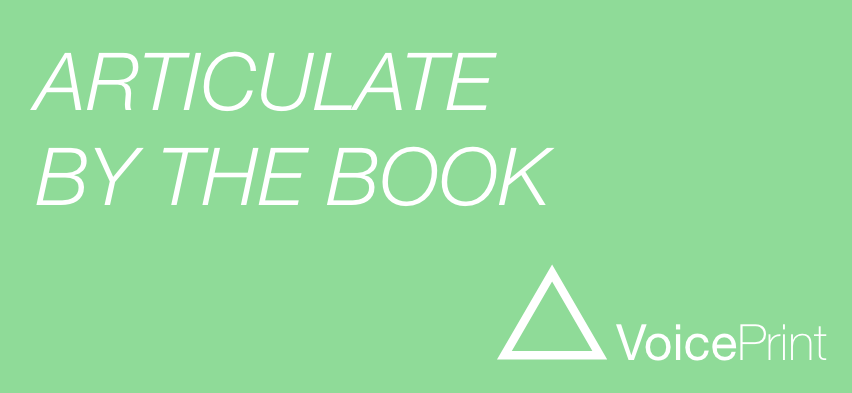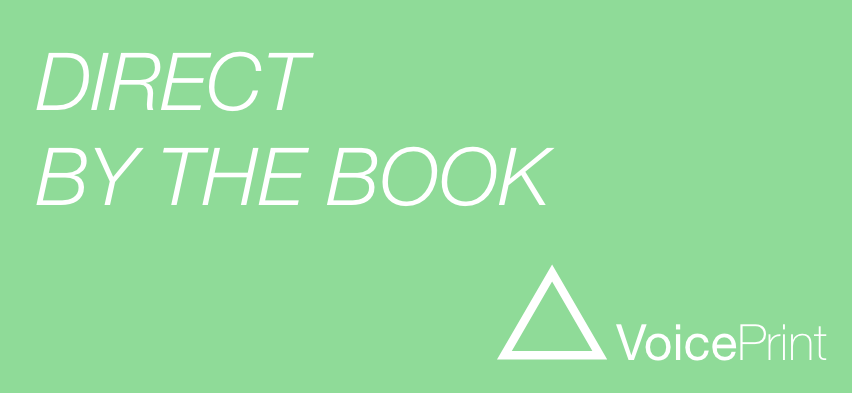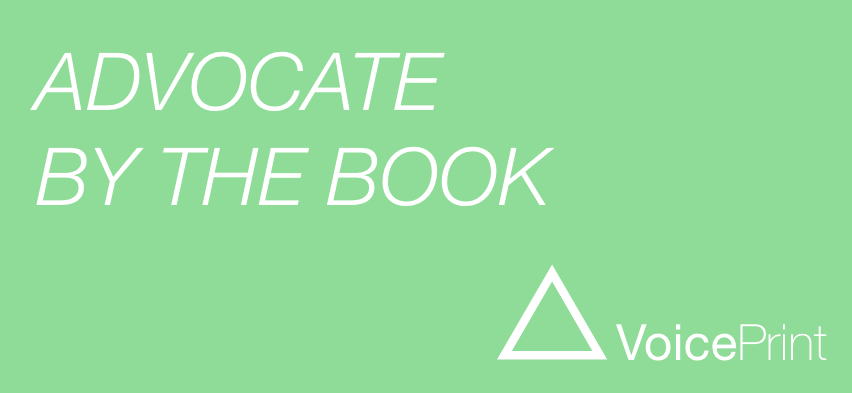This is the first in a series of features illustrating the use and importance of particular voices in different occupations, if you’ve got a great example of voices in action, let us know on twitter or linkedin.
Chantelle Smith is a ‘scrub nurse’ who has worked in a variety of roles in different hospitals. Her operating theatre experience is both broad and deep, with experience in clinical areas including colorectal, bariaritrics, hepatobillary, ear, nose & throat, plastic surgery, gynaecology and robotics. As a senior theatre nurse she has a leadership role.
While she makes use of all nine voices, the dominant voices in her profile are to advise, direct, advocate, articulate and challenge. It’s a repertoire well-matched to the demands of an environment where the implementation of standard procedures to the specifics of individual cases requires the surgical team to sustain an ongoing, moment-by-moment balance between knowing the current ‘position’ and acting to maintain ‘control.’
Chantelle advises upwards, downwards and sideways – to the surgeon, the anaesthetist, the nurses and healthcare assistants – to guide their decision-making and actions. ‘We’ve lost two pints of blood; do you want blood?’ ‘The patient has been here two hours; should we get a warming device for them?’ Her words are wonderful illustrations of the Advise voice being used well: the position is described in an informed way and a course of action is suggested.
The Articulate voice, also a regular element in her repertoire, is also informative but more purely descriptive. She uses it to brief the team. ‘This is Fred Bloggs. He is 38. He’s here to have an operation on his left arm.’
After that initial briefing, the general tenor of the voices that Chantelle employs is decisive. Operating theatre is an active environment at its most active. Using the right voice is literally vital. It is unsurprising therefore to hear that the Direct voice has a prominent place in her VoicePrint profile. ‘We’re counting instruments – stop talking – I need your attention.’ In this working context the implications of a mistake are always serious: a potential fatality, legal action against you and the hospital, loss of your nursing registration.
You would expect her to Advocate, to take a view for or against and to give her professional opinion. She does. But what I hadn’t previously appreciated is that the theatre nurse also uses that voice to speak on behalf of the patient. Chantelle is the patient’s voice while that person is asleep under anaesthetic. The strategy is to say things that the patient might want to say. ’I’d like something to keep me warm please.’
Her use of Challenge too often serves to remove risk for the patient and to contribute to a better journey for them. Far from being inhibited about interrupting, as so many people (especially – some research suggests – women) can be, Chantelle feels good about using this voice, because of its clearly positive value in the context in which she uses it. One colleague has described her as the best sort of ‘iron fist in a velvet glove.’
At the same time she is open to questions and wants people to be comfortable about asking them. In a sense her use of the Advise voice is a way of anticipating and answering tacit questions that experience has taught her to be implicit in particular situations. However, the team’s discourse changes in an instant if necessary. Talk becomes very directive when there is a risk of the patient being compromised. Then the theatre nurse becomes a mouth piece, or amplifier, for the surgeon as well as for the patient.
Chantelle uses, and is comfortable with, the voices which assist her to enact her role. She’s good at what she does and the role fits her personality. So are there any learning points for her in seeing her VoicePrint profile? Yes. She is struck by how little use she makes, even by self-report, of the Diagnose voice. It’s a finding that prompts her to reflect.
She recognises that she has a dislike for talk that sounds to her like over-analysing. When she perceives it, her inner voice says ‘Let’s get on with it.’ She realises also that her own profile of voices has changed over the course of her career. When she was a junior member of the theatre team, she asked more questions. This realisation makes her more mindful. It wouldn’t be helpful, if she were giving advice when it was not required or being directive either too much or too soon. It also prompts her to think that she could both make and encourage more use of Inquiry and Probe, voices that are valuable during post-operative de-briefings. ‘I notice you used that drug; what was the reason for selecting that?’
It’s a question we might all usefully keep in mind and utilise to manage our voices. ‘I’ll use this voice. I know why it’s the right voice for the job.’
Grateful thanks to Chantelle Smith and her husband Graham for giving us this insight into the Voices at Work – In the Operating Theatre.
Alan Robertson

Ready for a conversation?


